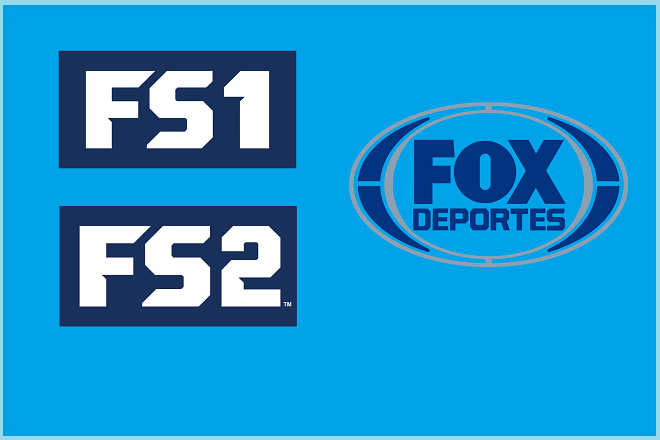The match-fixing scandal in Spain has broken loose today, after Angel Vizcay's taped confesion hit the Spanish media earlier today. The former Osasuna executive revealed how the team negotiated with other clubs, so their results could help them avoid relegation, something that did not happen in the end.
Vizcay approved his words to be taped during a hearing with La Liga's president Javier Tebas, revealing shocking details about the rigged matches. From June 2013 to June 2014, the club spent almost 2,500,000 on such dealings, masquerading them as payments for real estate tutorials.
"During the final months of the 2012-2013 season, we gave Valladolid's president 150,000 euros for them to beat Deportivo La Coruña. We paid the money to the former President Angel Martin Gonzalez, and he delivered the money to someone I don't know. Then, we gave Betis 150,000 euros more so they would defeat Celta, I went to the bank, took out the money and gave it to the team's president, so he would deliver the cash to someone Betis designated. I believe it was one of the team's aids. Finally, we paid Getafe €400,000 so they would lose the game against us. I'm pretty sure those were the games we rigged during that season, I don't recall any more," Vizcay revealed.
During his confession, Vizcay also referred to some other teams involved in the match-fixing plot, including Espanyol. The former team exec implicated active players such as Patxi Puñal and Sergio Garcia, who were allegedly aware of the agreements.
"There was a meeting the night before the game, where two or three members of each team were present to see how they would make things happen. I know for sure that Osasuna sent Puñal in there and maybe Damiá, and Espanyol had Sergio Garcia involved, that's for sure. We gave them €250,000 euros so we could end up drawing that match. I know as a fact that they had already received the money, we gave it to someone inside the club or maybe the team's physio," Vizcay concluded.
If the players implicated are indeed found guilty of match-fixing, they could face a penalty of up to four years in prison, to be determined by their involvement on the matter.


























